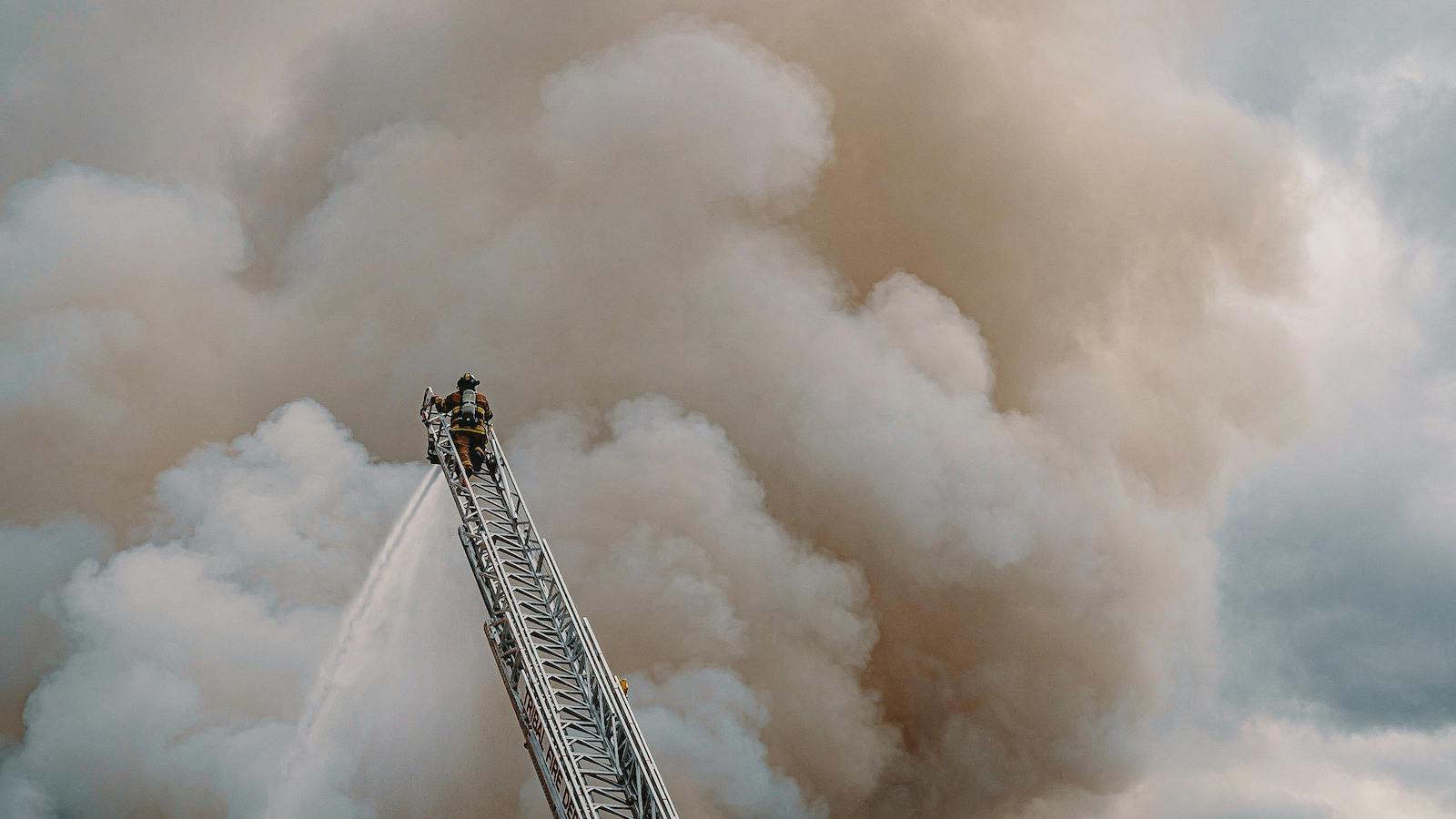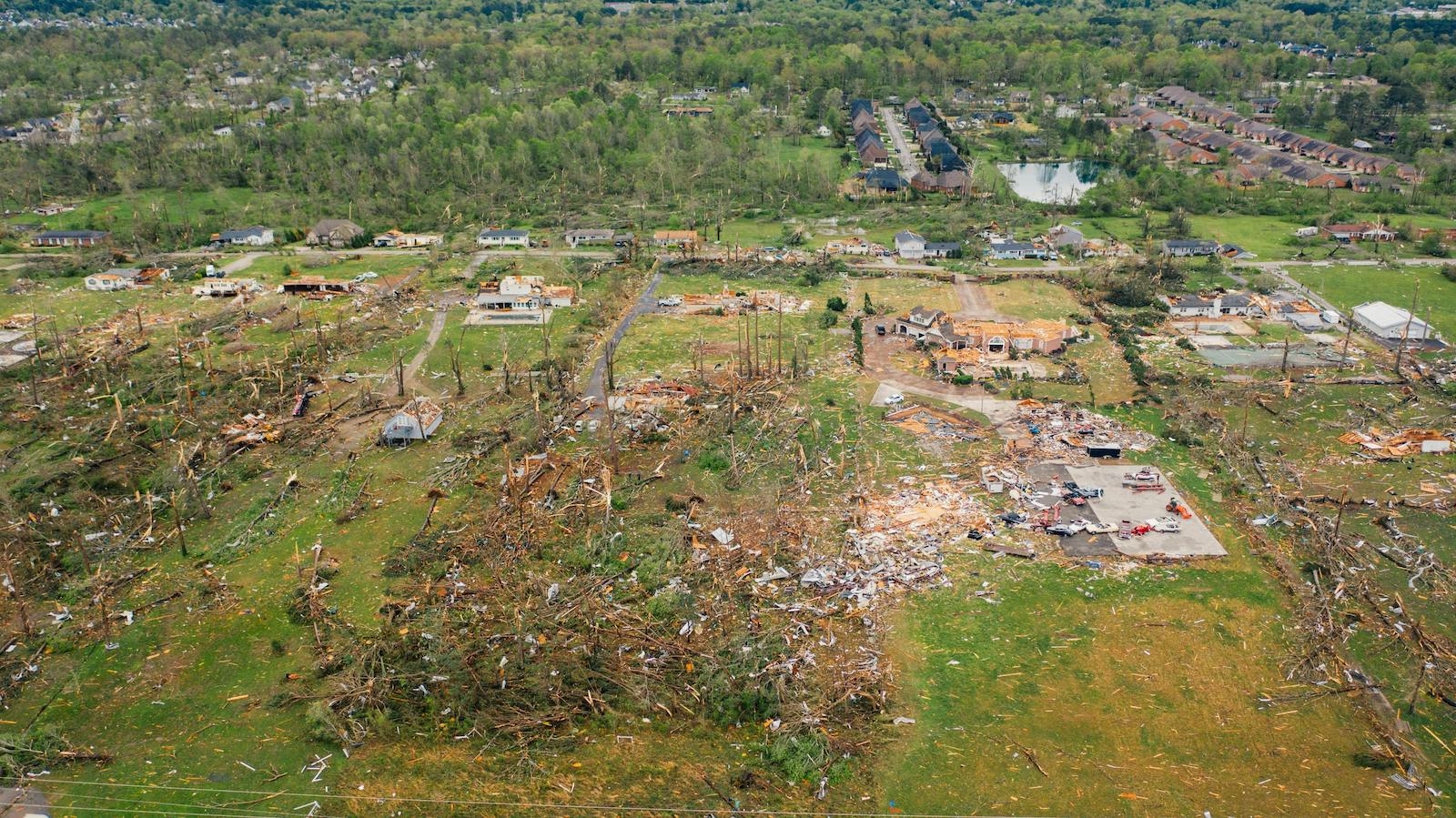As we close out the year (you have better things to do than hear from me on Christmas Eve and New Year's Eve, so we won't publish Six Things again until January), I found two recurring themes in this year's newsletters that I thought were worth highlighting as we start to turn our attention to 2020.
One theme we kept coming back to concerned the growing number of natural disasters, as well as the need to work far harder on preventing losses, rather than just treating them as inevitable and reimbursing clients after they occur.
As you might imagine, PG&E continued to be a four-letter word (three letters and a symbol?), especially for those of us who live in California. In November, in An Answer for California's Power Shutdowns, I highlighted the need to write policies that are updated to cover today's exigencies and to at least warn customers sooner of impending blackouts so they can avoid having food spoil, having weddings canceled at the last second, etc. That piece followed three earlier in the year on PG&E's travails: What PG&E Bankruptcy Means for the Rest of Us, PG&E: We're Not Gonna Take It Any More and Catastrophe Insurers Have a 'Pinto' Moment.
We sounded similar concerns back in June, in Bracing for Hurricanes, talking about how better tools can now help identify vulnerable properties and about how properties can be hardened more than they are currently In April, our CEO, Wayne Allen, wrote a more optimistic piece, based on technologies and new thinking he'd seen at a conference (Some Hope in the Face of the Wildfire Threat), and I guess there was something in the water at ITL that month because I, too, wrote a less-than-dour piece about the prospects for having the pricing of flood risk start to head in the direction of reality (Flood Insurance: Are the Storm Clouds Finally Lifting?) In July, I also suggested ways for us to band together to tackle some of the biggest issues that disasters present: A Grand Challenge for the Insurance Industry.
Climate change suggests that the catastrophes will grow worse, not ease, so I suspect I'll be writing plenty about disasters in 2020, too, but I hope the industry is at least heading toward two key changes. First, we need to use our growing set of tools and data sources to price risks much better, so those in harm's way will get signals from the market and protect themselves much more effectively than in the past. Second, we need to focus on helping people during the catastrophes, such as by giving them enough warning to evacuate, rather than just swooping and handing out checks after the damage is done.
The second theme that surfaced repeatedly was the obvious one: the industry's two-steps-forward-one-step-back approach to innovation. The newsletters on the topic are too numerous to cite all of them here, but I'd highlight two. On the two-steps-forward side is: Maybe the Innovation Glass Is Half Full. On the one-step-back side is: The Hurdles Facing Innovators.
Perhaps the most sobering reading comes if you compare two pieces. Toward the end of 2019, Wayne wrote one of our more popular pieces: 10 Tips That Your Innovation Program Is Failing. Leading into the year, I wrote a Six Things commentary last December (10 Signs You're Headed for Trouble in 2019) that, I'm sorry to say, had a list remarkable similar to Wayne's.
Here's hoping that, in 2020, we get past the old mistakes and find new ones to commit.
In the meantime, I hope you all enjoy the holiday season with friends and family and come back refreshed for what will surely be a fascinating New Year.
Cheers,
Paul Carroll
Editor-in-Chief








